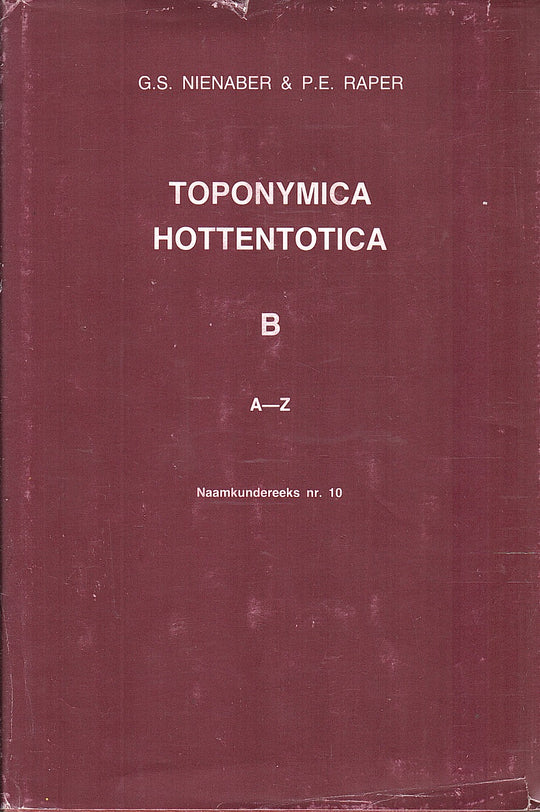eng
Buyer t 1977 and four other Choos of Duration Drift Conversation '+ Khoes, it's Brakbos'. Apriels K 1977 Former teacher and Four other Khoek Hoen of Aoab Conversation 'D = Khoes, it's that saltbush, Brakbos'. [Then Mr. Willem Witbooi in and said:] 'This meat [and showed him to his calf] also call them ╪khoes, but it is not the town's name. The town's name is ǀ Cushion. If they say Khoes, then it's those bushes, but now they call the town ǀ Koes, this is his name '. Kariseb e 1977 Former Sergeant Conversation 'ǀ Koes, it's puit meat'. Arndt H 1977 and three other khoekhoen of chunk conversation 'wait, our hotnots did not say = tkhoes. They said ǀ Koes. It wasn't those bushes that were in place. ǀ Cough is a rogue thing. People who lived at this place ... Here's a goat of you, you will not see him, you will pass him at the D = Koebos. Then that goat is scary. Therefore, He bears the name of Horn, it is ǀ Koes. I'm a skin clothing, I was born on Koes, grew up here. It's my grandfather's place, it means skelming, hotnots shouts. The people who stayed here were scary '.
afr
Koper T 1977 en vier ander Khoekhoen van Duurdrift Gesprek ' + Khoes, dis brakbos'. Apriels K 1977 Oud-onderwyser en vier ander Khoekhoen van Aroab Gesprek 'd=Khoes, dis daardie soutbos, brakbos'. [Toe val mnr Willem Witbooi in en se:] 'Hierdie vleis [en wys hy na sy kuit] noem hulle ook ╪khoes, maar dit is nie die dorp se naam nie. Die dorp se naam is ǀKoes. As hulle se ╪Khoes, dan is dit daardie bosse, maar nou noem hulle die dorp ǀKoes, dit is sy naam'. Kariseb E 1977 Oud-sersant Gesprek 'ǀKoes, dis kuitvleis'. Arndt H 1977 en drie ander Khoekhoen van Koes Gesprek 'Wag, ons Hotnots het nie gesê =TKhoes nie. Hulle het gesê ǀKoes. Dit was nie daardie bossies wat op die plek staan nie. ǀKoes is mos ’n skelm ding. Mense wat op hierdie plek gewoon het... Hier staan ’n bok van jou, jy sal horn nie sien nie, jy sal by horn by die d=koebos verbygaan. Dan is daardie bok skelm. Daarom dra hy die naam van horn, dit is ǀkoes. Ek is mos ’n Velskoendraer, ek is op Koes gebore, het hier grootgeword. Dis my oupa se plek, dit beteken skelm, Hotnotsskelms. Die mense wat hier gebly het, was skelm'.




